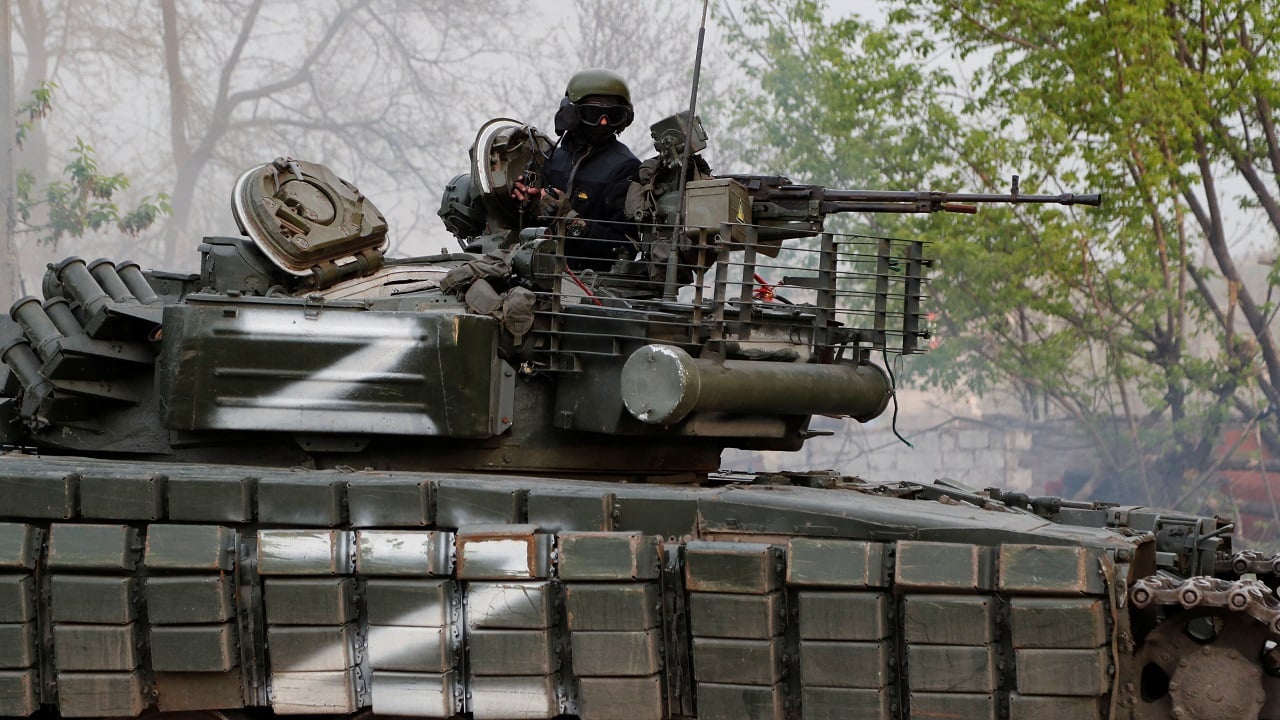On Wednesday, U.S. Secretary of State Antony Blinken announced that the White House will send $215 million in emergency food assistance for Ukraine. Blinken also committed to providing additional assistance in the future.
The secretary of state made the commitment during a United Nations meeting about global food security. During the discussion, Blinken said that a combination of the COVID-19 pandemic, the war in Ukraine, and global warming has led to the “greatest global food security crisis of our time.”
The promise of $215 million is only the start of planned food assistance from the United States, with Blinken also confirming that the White House expects Congress to “very soon approve approximately $5.5 billion in additional funding for humanitarian assistance and food security.”
The proposed $5.5 billion in food and humanitarian aid will come as part of the vast $40 billion package proposed by the White House and already passed by the House of Representatives. The bill is expected to go to a vote in the Senate this week.
What is the Food Situation in Ukraine?
United Nations Secretary-General Antonio Guterres said on Wednesday that he is presently in “intense contact” with Russia, Turkey, the United States, and Ukraine over the global food crisis. Specifically, Guterres expressed hope that Russian forces will allow ships waiting in southern Ukrainian ports, which contain millions of tons of grain, to leave the docks.
Around one dozen ports in total are currently blocked by Russian forces.
“I am hopeful, but there is still a way to go,” Guterres said. “The complex security, economic and financial implications require goodwill on all sides.”
Blinken also called on world leaders to put pressure on Russian President Vladimir Putin to allow the flow of food in and out of Ukraine.
“There are an estimated 22 million tons of grain sitting in silos in Ukraine right now. That could immediately go toward helping those in need if it can simply get out of the country,” Blinken said.
Civilians remaining in Ukraine are facing food shortages, with the ongoing conflict causing major problems with national supply chains. Russian troops have also destroyed much of the country’s civilian infrastructure and even targeted grain silos.
As the sixth-largest exporter of wheat in the world, blocking the flow of food in Ukraine not only creates food shortages in Ukraine but also across the rest of Europe.
Jack Buckby is a British author, counter-extremism researcher, and journalist based in New York. Reporting on the U.K., Europe, and the U.S., he works to analyze and understand left-wing and right-wing radicalization, and reports on Western governments’ approaches to the pressing issues of today. His books and research papers explore these themes and propose pragmatic solutions to our increasingly polarized society.

